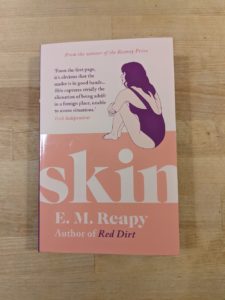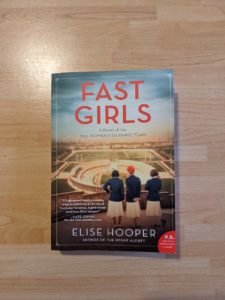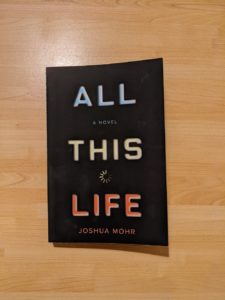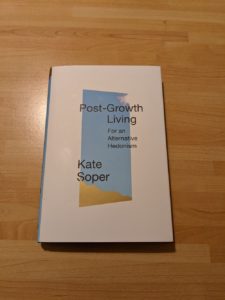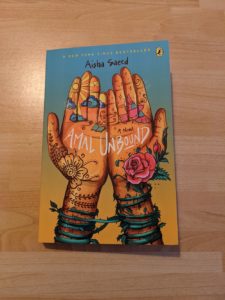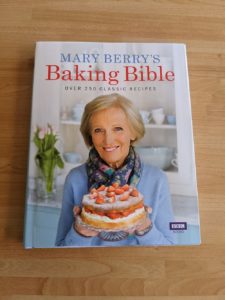The Secret Midwife
Written by Ashley Kelmore, Posted in Reviews
Best for:
Anyone interested in how maternity wards are run and what life for a midwife is like.
In a nutshell:
Secret Midwife ‘Pippa’ shares her time as a midwife, from starting training at age 17 through having to be signed off for stress as cuts to the NHS made staffing more and more scarce.
Worth quoting:
Audio book that I listened to while running, so I didn’t make note of any.
Why I chose it:
I find memoirs (and comedy books) to be best for running, as there isn’t a plot I need to keep track of. I also enjoy books about the medical profession and, despite not having or wanting children of my own, I find books and TV about childbirth and parenting to be kind of fascinating.
Review:
I previously read The Secret Barrister, which I found to be a great introduction to the legal system after I moved to the UK. The concept of these ‘Secret’ books is that by not sharing their names, the authors are able to provide further, more honest insight into their respective professions. One might wonder why a midwife might need to keep her identity hidden – the parents, sure, would need to be anonymized for their privacy, but the midwife?
And then you read the book, and realize it’s because if she were identifiable, she couldn’t speak honestly about the failures of management and the NHS Trust for which she works without fear of retaliation. The more I think about it, the more I get it – pretty much every worker in every field fears for retaliation when they point out the failings of their companies and managers. Why would midwifery be any different?
‘Pippa’ trains as a midwife starting at age 17, becoming fully qualified by age 20. She shares stories of successful births, unsuccessful births, stillbirths, miscarriages (including her own), and angry parents who blame midwives when things do go according to plan. She also shares her own depression and stressed caused by a complete lack of support from management. Midwives are working more with fewer resources – at one point ‘Pippa’ shares that there could be as many as 40 women on the ward with only 6 midwives available! That’s absurd.
The NHS has been receiving loads of praise lately because of their herculean efforts during the pandemic. And that praise is justly deserved – doctors and nurses have been working flat out to save as many lives as possible. But the NHS has been stripped of so much funding as of late, treated less like what it should be – a public institution providing excellent care for everyone – and more like a private business. And anyone who as lived anywhere with a primarily private healthcare system knows that is NOT the model to emulate.
The Secret Midwife is an excellent storyteller, and the person who read the audio book did a great job bringing those stories to life. I’m not sure if this needs to be a listen instead of a read, but I think either option will work.
Keep it / Pass to a Friend / Donate it / Toss it:
N/A (Audio book)

